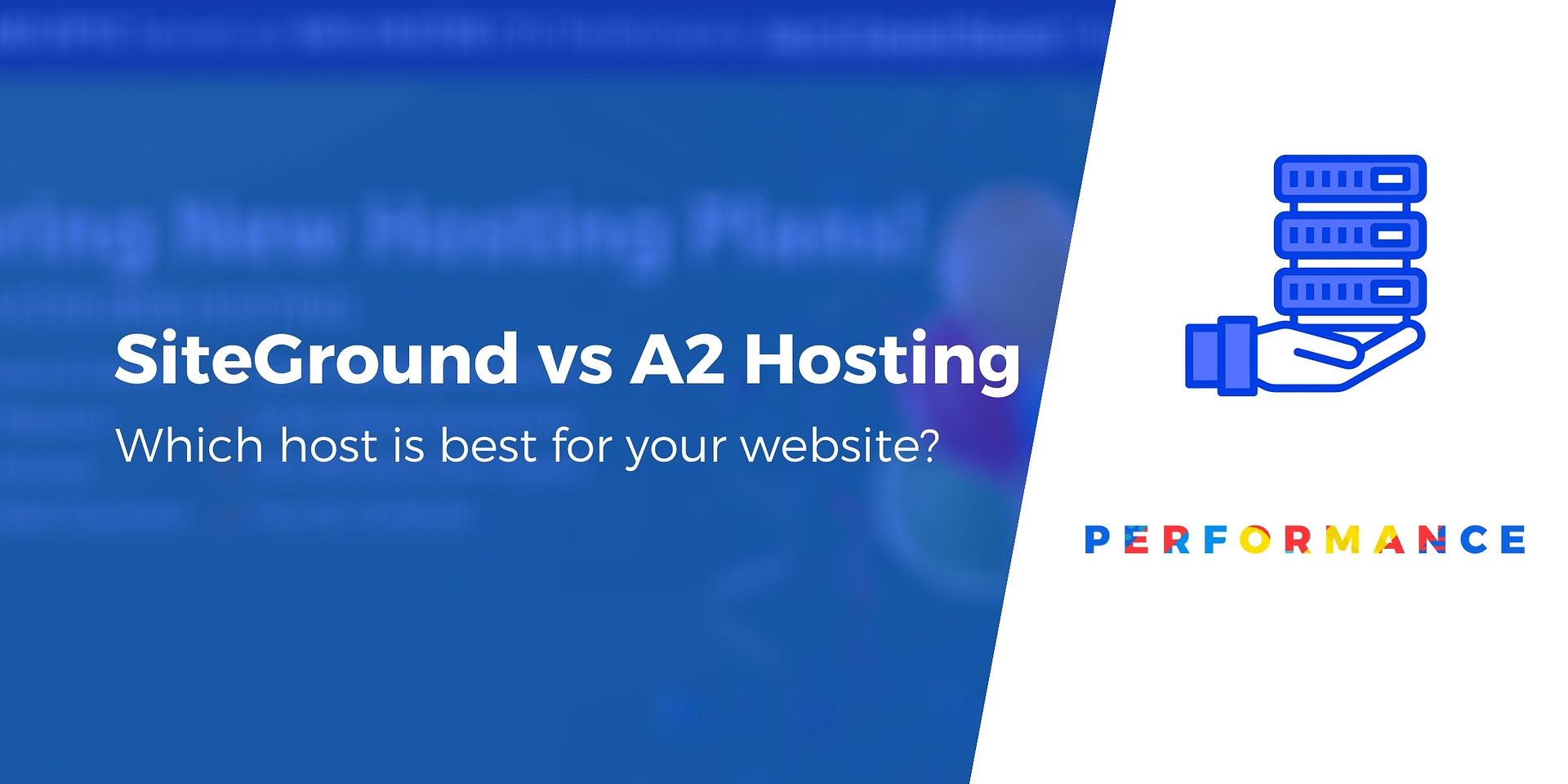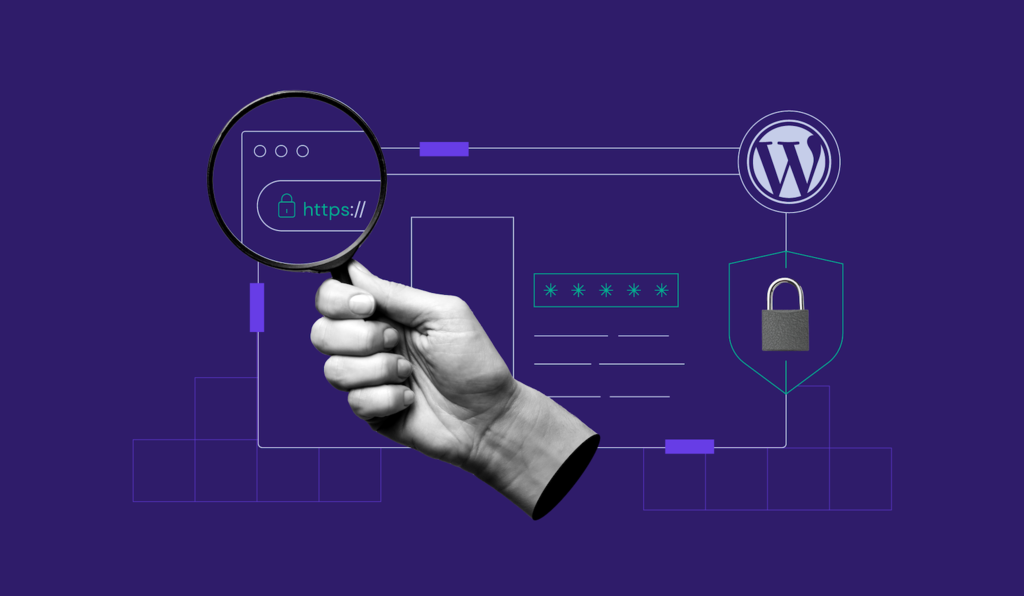
Web servers are servers that host web applications and websites on the Internet. There are several different types available. Choosing which one is best for your needs depends upon factors like deployment, operating system and use case. You have a number of options to choose from.
Local Servers
A local web server is the right choice if you are a small business owner or need to host small websites. These servers serve a particular purpose and are convenient and more secure than other hosting options.
Open Source Web Servers
Each has its own pros and cons. However, some stand out. Apache, Nginx Lighttpd Caddy and Lighttpd are among the best.

Apache is the web server of choice for more than half of all websites. Apache is open-source, free to use and install. It has a modular architecture that allows developers to easily add new features to their sites and make configuration changes.
Nginx
Nginx provides a lightweight and highly-reliable web server. Many businesses use it to serve static and dynamic content. It also supports a number of protocols, SSL/TLS, basic HTTP authentication, virtual hosting, and URL rewriting.
Lighttpd
Lighttpd aims at delivering low resource use, high speed, and a compact footprint. It can be run on systems that have limited storage and memory without using more CPU power.
LiteSpeed
LiteSpeed can be a good alternative web server. This was designed to work in environments with limited memory such as home computers and embedded systems. This server was created to solve the problems that mainstream web servers face due to their resource requirements. It's one of the fastest choices in terms of resource use, and can handle high traffic volumes with minimal overhead.

Cherokee
It was created as an individual developer's personal project. Although it does not have some of the latest features like Nginx and Lighttpd it is a great option for anyone looking to host a website in a simple, easy-to-manage environment. It comes packaged with a friendly user interface that makes it a delight to use, even for the most casual users.
Caddy
Caddy is unlike other web servers in that it doesn't need any extra software or scripts. Caddy is an excellent choice for people who don't know how to configure the Apache or Nginx servers.
The underlying architecture of this server is similar to Nginx, but it uses asynchronous request handling and works in a single thread, which can be useful on systems that don't have many CPU cores. Although it's not quite as scalable Nginx and Lighttpd are, it can handle a few hundred requests a second.
FAQ
Where can you find freelance web developers?
Freelance web designers and developers are available in many locations. These are some of the best choices:
Freelance websites
These sites provide job listings for freelance professionals. Some sites require specific skills, while others may not care about the type of work that you do.
Elance, for example, offers high-quality jobs as programmers, graphic designers, translators and editors, project managers and many other positions.
oDesk offers similar features but focuses on software development. You can apply for jobs in PHP, Perl Java, Java, C++ Python, JavaScript Ruby, iOS and.NET developers.
Another great option is oWOW. Their site is focused on web designers and graphic artists. You can also get video editing, programming and SEO services.
Forums online
Many forums offer members the opportunity to advertise themselves and post jobs. DeviantArt, a forum for web designers, is one example. If you search "web developer" in the search bar, you will see a list of threads where people are looking for someone to help them with their websites.
How Do I Choose A Domain Name?
Choosing a good domain name is essential. It is essential to have a unique domain name. People will not be able find you when they search your product.
Domain names should be simple, short, easy-to-remember, relevant to your brand and unique. Ideal domain names are something people would type into their browser.
Here are some tips for choosing a domain name:
* Use keywords that relate to your niche.
* Do not use (-), hyphens in your numbers and symbols.
* Don't use.net or.org domains.
* Use words that are already used.
* Avoid generic terms like domain or website.
* Check to make sure it's there.
What is a UI Designer?
Designers of user interfaces (UI) are responsible for creating interfaces for software products. They are responsible for the design of the layout and visual elements in an application. They may also include graphic designers.
The UI Designer must be able to solve problems and understand how people use computers.
A UI designer must have a passion about technology and software design. From developing ideas to implementing them into code, a UI designer must be able to comprehend all aspects of the field.
They should be able to create designs using various tools and techniques. They should be able problem solve and think creatively.
They should be organized and detail-oriented. They should be capable of quickly and efficiently developing prototypes.
They should be comfortable working alongside clients large and small. They must be capable and willing to adapt to new situations and environments.
They should be able speak clearly and effectively with others. They should be able to express their thoughts clearly and concisely.
They should be well-rounded and possess strong communication abilities.
They should be motivated and driven.
They should be passionate about what they do.
Can I create my own website with HTML & CSS?
Yes, you can! It is possible with basic knowledge of web design, programming languages like HTML (Hyper Text Markup Language), CSS (Cascading style Sheets), and HTML (Hyper Text Markup Language). These languages allow you create websites that can be viewed by anyone with internet access.
How Much Does it Cost to Create an Ecommerce Website?
This will depend on whether you are using a platform or a freelancer. eCommerce websites start at about $1,000.
You can expect to pay between $5000 and $10,000 for a platform once you have decided.
If you're planning on using a template, you probably won't pay more than $5,000. This includes any customizing you do to your brand.
How much do web developers make?
When working on a website for yourself, you'll probably earn around $60-$80 per hour. However, if you wish to charge more, you can become an independent contractor. A typical hourly rate for a freelancer could be between $150 and $200.
Are there any technical skills required to design and build my site?
No. You just need to be familiar with HTML and CSS. You can find tutorials online for HTML and CSS.
Statistics
- At this point, it's important to note that just because a web trend is current, it doesn't mean it's necessarily right for you.48% of people cite design as the most important factor of a website, (websitebuilderexpert.com)
- It enables you to sell your music directly on your website and keep 100% of the profits. (wix.com)
- Studies show that 77% of satisfied customers will recommend your business or service to a friend after having a positive experience. (wix.com)
- In fact, according to Color Matters, a signature color can boost brand recognition by 80%. There's a lot of psychology behind people's perception of color, so it's important to understand how it's used with your industry. (websitebuilderexpert.com)
- Did you know videos can boost organic search traffic to your website by 157%? (wix.com)
External Links
How To
What is Website Hosting?
Website hosting is the place where visitors go to visit a website. There are two types:
-
Shared hosting is the cheapest. Your website files reside on a server owned by someone else. Your customers' requests travel via the Internet to your server when they visit your site. You then receive the request from the owner of the server.
-
Dedicated hosting is the most expensive option. Your website will reside on a single server. There are no other websites sharing space on the server. Your traffic remains private.
Because shared hosting is more affordable than dedicated hosting, most businesses opt for it. With shared hosting, the company that owns the server provides the resources needed to run your website.
But there are pros and cons to both options. These are the key differences between them.
Sharing Hosting Pros
-
Lower Cost
-
Easy To Set Up
-
Frequent Updates
-
It is available on many Web Hosting Companies
Shared hosting can often cost as little as $10/month. Keep in mind, however, that bandwidth is usually included in the price. Bandwidth is the data transfer speed that you have over the Internet. You may have to pay extra for large amounts of data, even if your blog only contains photos.
You will quickly see why you paid so much for your former host once you have started. Many shared hosts offer very little customer support. Their techs will occasionally walk you through setting up your site, but you're on your own after that.
Look for a provider who offers 24/7 phone support. They will help you deal with any issues that arise while your sleeping.
Cons of dedicated hosting
-
More Expensive
-
Less common
-
Requires Special Skills
With dedicated hosting, you get everything you need to run your website. You won't have worry about whether your website is using enough bandwidth, or whether it has enough RAM (random-access memory).
This means that you'll spend a bit more upfront. However, once you start running your business online, you'll find that you won't need much technical assistance. You will become an expert in managing your servers.
Which Is Better For My Business:
It all depends on the type of website you are creating. Shared hosting might be best if you just want to sell products. It's easy to set up and maintain. It's easy to set up and maintain, as you share a server with other sites. You will likely be updated frequently.
If you want to create a community around a brand, dedicated hosting may be the best choice. You can focus on building your brand without worrying about handling your traffic.
If you're looking for a web host that offers both options, we recommend Bluehost.com. Bluehost.com provides unlimited monthly data transfer, 24/7 support, free domain registration and a 30-day money back guarantee.